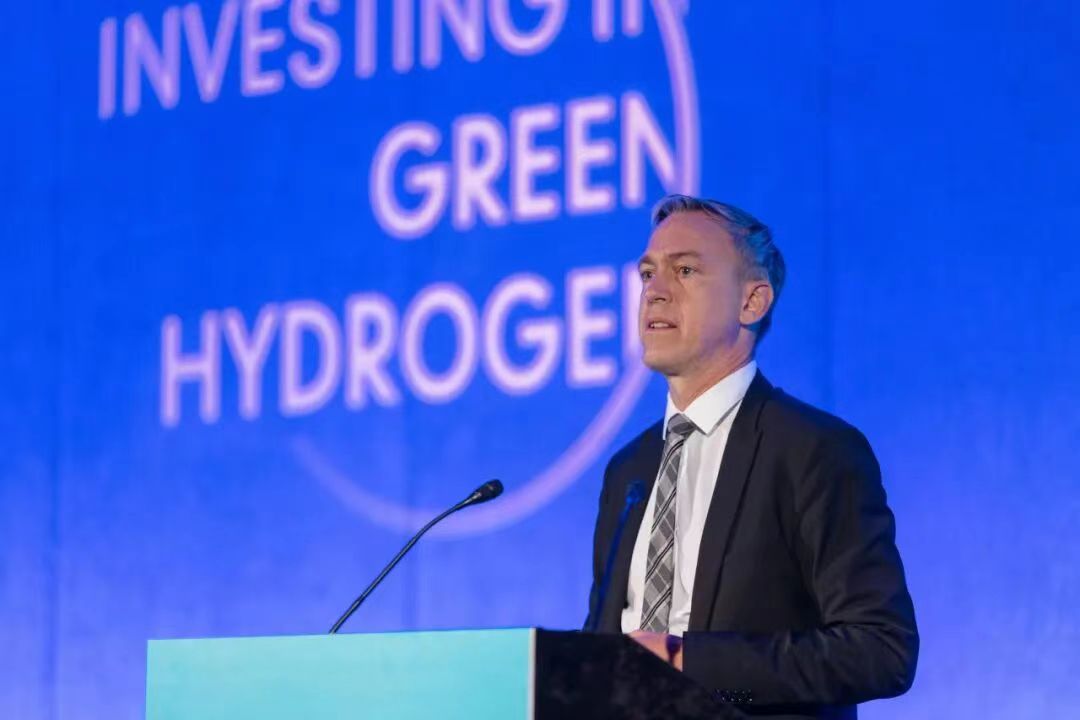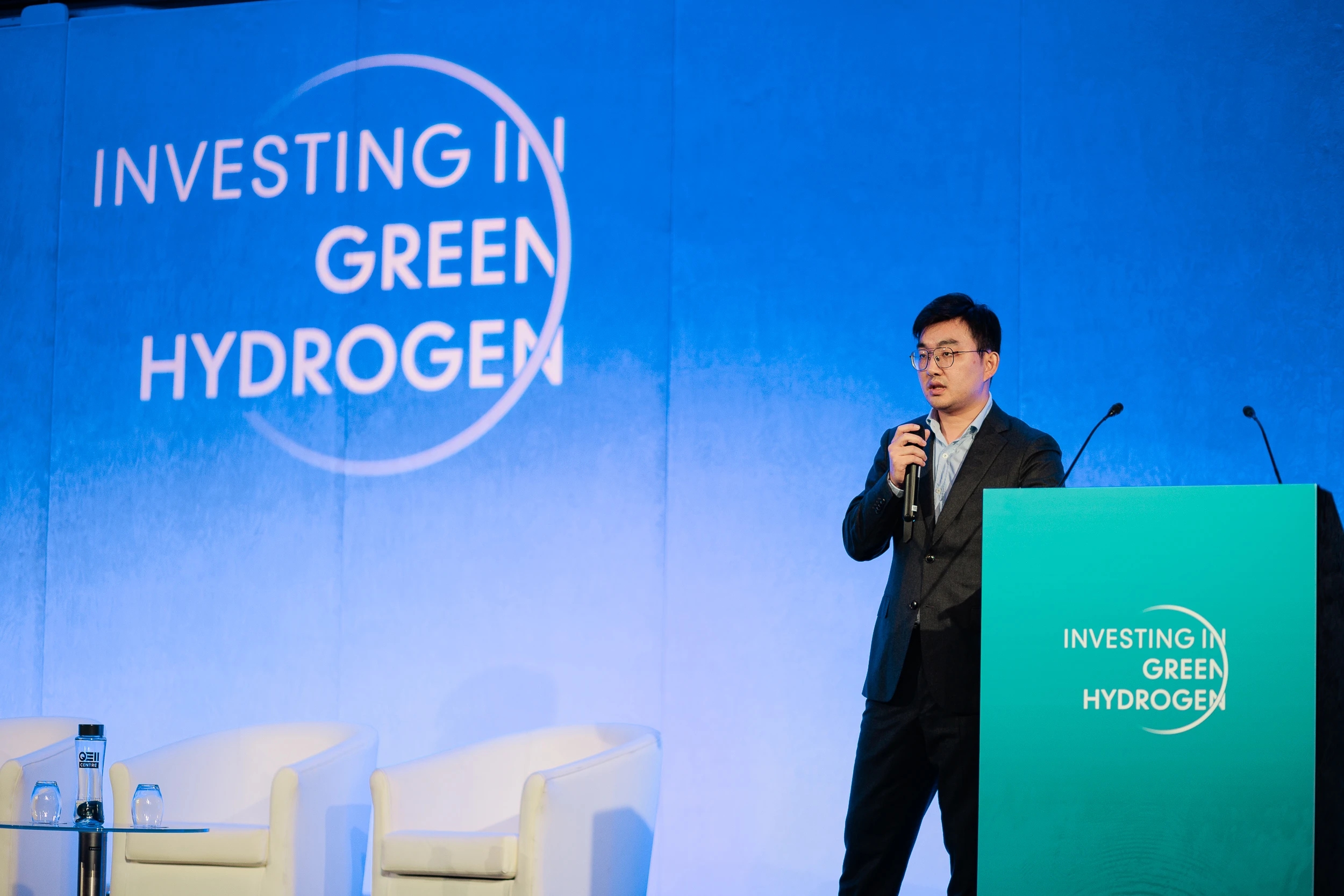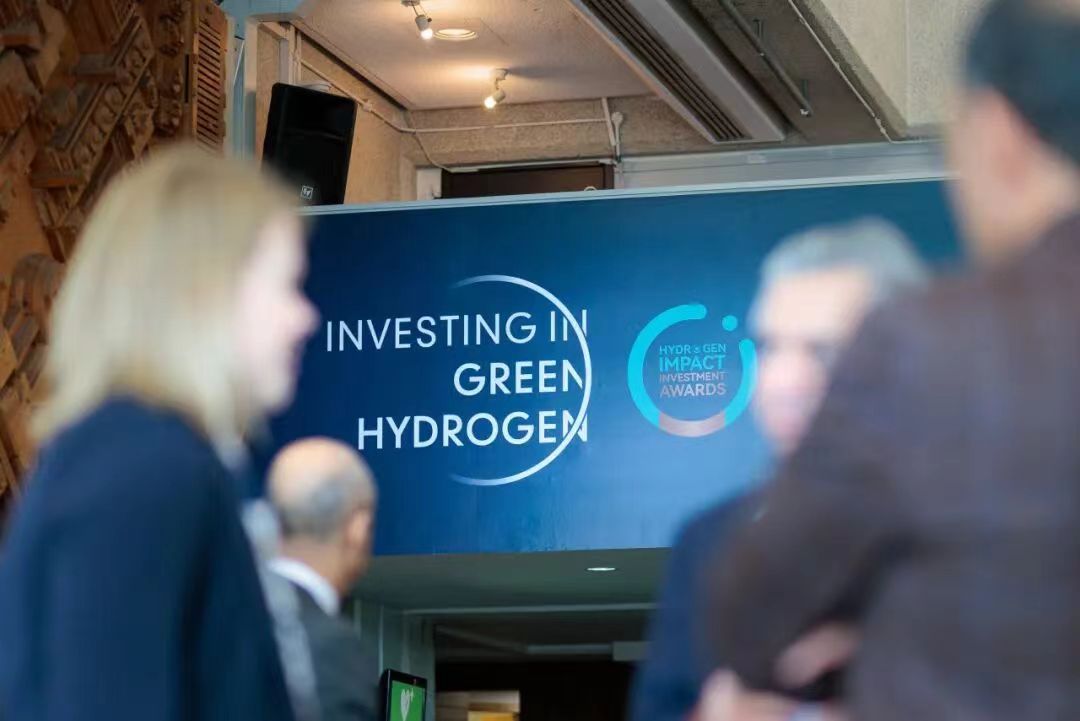Recently, the 3rd Green Hydrogen Investment Summit in 2024 concluded in London. The summit brought together over 800 senior managers and decision-makers from more than 55 countries, including policy makers, investors, developers, and industry leaders. The discussions covered the latest technological advancements, policy frameworks, and strategic investments, which are worth deep consideration by hydrogen energy practitioners.

The hydrogen energy industry plays a crucial role in the development and transformation of human energy and the response to climate change. This is a consensus among governments, investors, and practitioners in various countries and regions around the world. At this summit, governments of all countries fully expressed their strong support for the development of the hydrogen energy industry, and investors are optimistic about the future trends of this emerging industry. As hydrogen energy enterprises, whether we are well prepared to welcome this human energy boom is a key concern for everyone.
European government: will strengthen policy support for the implementation of hydrogen energy projects

Angus Robertson, the Cabinet Minister for Constitutional, External and Cultural Affairs of the Scottish government, introduced Scotland's ambitious strategy for achieving a green future, emphasizing the importance of policy frameworks in promoting sustainable energy practices. Dr. Philipp Steinberg, representing Germany, as the Director of the Economic Stability, Energy Security, Natural Gas, and Hydrogen Energy Infrastructure Department of the Federal Ministry for Economic Affairs and Climate Action, discussed how Germany can closely integrate economic stability with energy security, accelerate the development of hydrogen energy infrastructure, and highlight its important role in Europe's energy transition. His Excellency Terje Aasland, Minister of Petroleum and Energy from Norway, participated online to share how Norway is utilizing its expertise in the energy sector to accelerate the adoption of green hydrogen energy in line with global climate goals. In addition, Dr. Sunita Satyapal, Director of the Office of Hydrogen and Fuel Cell Technology at the US Department of Energy, also elaborated on the measures taken by the United States to promote the development of hydrogen energy technology through online channels, emphasizing the federal government's commitment to sustainable development. These insights collectively demonstrate the importance of government action in driving innovation, while also being a key force in shaping the future of global energy.
Hydrogen Energy Enterprises: Building a Global Blueprint for the Hydrogen Energy Industry

Dr. Sopna Sury, Chief Operating Officer of Hydrogen Energy at RWE, Felipe Arbelaez, Senior Vice President of Hydrogen and Carbon Capture and Storage at BP, Hiroshi Matsuda, President and Chief Regional Officer of Mitsubishi Heavy Industries EMEA, Val é rie Ruiz Domingo, Vice President of Hydrogen Energy at ENGIE Group, Mohammad Abdelqader El Ramahi, Chief Green Hydrogen Officer at Masdar, Oliver Pfann, Senior Vice President of EMEA at Linde, and Chris Down, Partner at Norton Rose Fulbright, jointly discussed key issues for the future development of the hydrogen energy industry, delved into important strategies needed to expand the hydrogen economy globally, analyzed opportunities and challenges faced by the industry, and emphasized The key role of international cooperation, infrastructure investment, and technological innovation in building a sustainable hydrogen energy industry.
Dr. Bian Tiezheng, Vice President of Trina Green Hydrogen, stated at the meeting that Europe is an important development region for the hydrogen energy industry, and Trina Group also has an important business layout in Europe. In the future, it will not only increase investment in product technology and research and development of hydrogen energy products that fully adapt to European standards, but also pay attention to the feasibility of hydrogen energy project investment in Europe. The company has signed a 160MW green hydrogen project in Spain and is still in communication and negotiation on capacity implementation and industry university research cooperation. Trina Group is willing to establish good cooperation with more international enterprises, accelerate the iteration of innovative technologies, and jointly promote the development of the global hydrogen energy industry.
Investors say: Strengthen international cooperation to address global energy challenges

International cooperation is crucial for fully unleashing the potential of the hydrogen economy and addressing global energy challenges. Cooperation between countries can achieve knowledge sharing, technology transfer, and resource mobilization, thereby accelerating the transition to a hydrogen energy system. Driven by increasing demand and market liberalization, international trade in hydrogen energy and related technologies is expanding. Countries with abundant renewable resources are leveraging their competitive advantages to become exporters of renewable hydrogen energy, creating new economic opportunities and strengthening energy security.
Ivo Bols, President of Air Products Europe and Africa, Agnes Herdick, Strategic Director of Uniper, Dr. Gabriel Clemens, CEO of E.ON SE, Wesam Alghamdi, CEO of NEOM Green Hydrogen Company, and Elina Teplinsky, Partner of Pillsbury Winthrop Shaw Pittman LLP, jointly discussed the important role of international cooperation in promoting the global hydrogen economy. The discussion emphasized the importance of a sound policy framework and innovative business models in promoting international trade in hydrogen energy. Explored strategies to overcome global trade barriers and emphasized the necessity of coordinated cooperation between governments and industries to promote the global transformation of hydrogen as a key energy source, providing valuable insights for the large-scale application of hydrogen energy.
Coupling development of hydrogen energy and CCUS: towards a net zero world

At the 2024 Global Carbon Capture Summit held at the same time, it can be seen that the combination of hydrogen and CCUS is also a necessary path towards a net zero world in the future. According to a recent report by Wood Mackenzie, by 2034, the global carbon capture capacity will reach 440 million tons per year, carbon sequestration capacity will reach 664 million tons per year, and the total investment amount needs to reach $196 billion. Carbon capture, utilization, and storage will play a crucial role in the energy transition, but it requires increased production capacity and investment to unleash its potential. The global CCUS pattern is also showing diversification, with more diverse sources of carbon capture. It is expected that by 2050, cement, blue hydrogen, steel, and electricity will account for about 85% of the total absorption, although there are significant differences between regions.
Experts gathered to discuss the unique challenges and opportunities faced by decarbonizing difficult to reduce industries such as heavy industry and electricity through carbon capture, utilization, and storage (CCUS) technology.

From the speeches at this summit, it can be seen that global investment institutions and enterprises have shown firm confidence in the future of green hydrogen energy, working together to focus on hydrogen startups and innovative projects, providing support or collaboration, accelerating the commercialization process of green hydrogen energy technology from the laboratory to the market, helping innovative achievements to be quickly transformed into practical applications, thus solving the technological bottlenecks in the energy transformation process, and promoting the healthy and rapid development of the green hydrogen energy industry.







